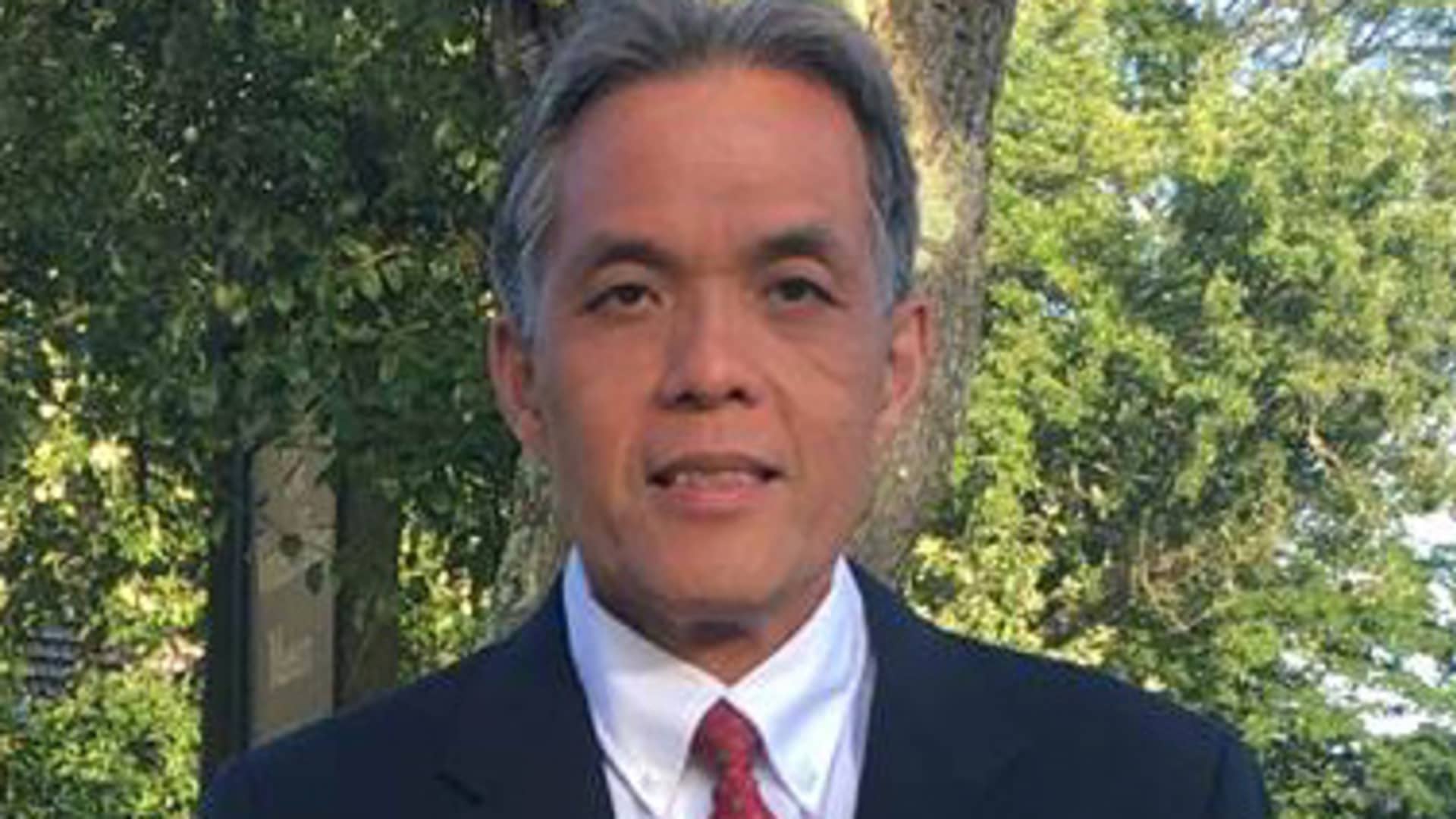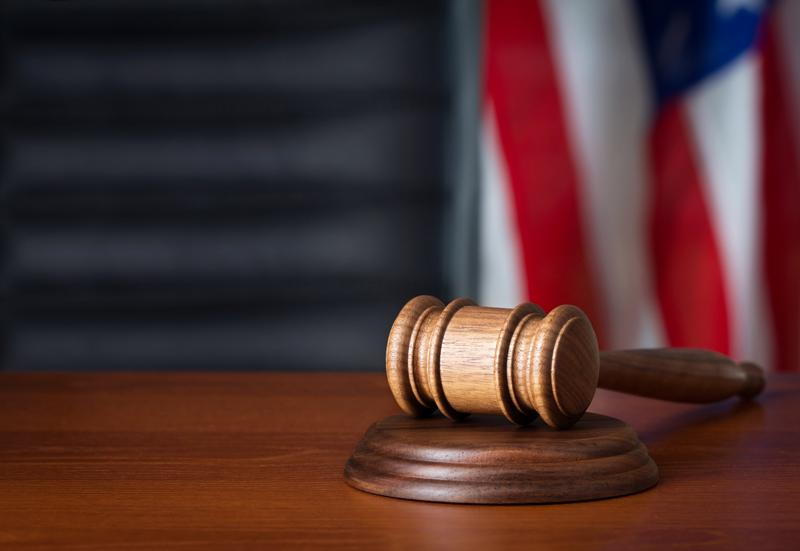Supreme Court To Decide On Whistleblower Case: A Game-Changer For Justice
Alright folks, let's dive right into the drama of the day. The Supreme Court is gearing up to make a decision on a whistleblower case that could redefine the boundaries of justice, transparency, and accountability in America. This isn't just another case—it's a massive deal that affects whistleblowers, corporations, and the very fabric of our society. If you've ever wondered how much protection whistleblowers really have, now's the time to pay attention.
Let’s be real here—the Supreme Court doesn’t take on cases unless they’re pretty darn important. And this one? It’s a doozy. We’re talking about a whistleblower case that has the potential to set a precedent for years to come. Whether you’re a corporate lawyer, a journalist, or just someone who believes in speaking truth to power, this is something you need to know about.
Now, before we get too deep into the nitty-gritty, let’s set the stage. Whistleblowers have always been the unsung heroes of society, risking their careers, reputations, and sometimes even their lives to expose wrongdoing. But the legal protections they have are often murky at best. That’s where this Supreme Court decision comes in. It could either be a lifeline for whistleblowers or a major setback. So, buckle up, because we’re about to break it all down for you.
Read also:Khabib House The Ultimate Retreat Of A Legend
What’s the Big Deal About Whistleblowers Anyway?
Let’s start with the basics. Whistleblowers are people who step forward to report illegal or unethical activities within an organization. They’re the ones who shine a light on corruption, fraud, and abuse of power. But here’s the thing—they don’t exactly have it easy. Many whistleblowers face retaliation, lawsuits, and even career-ending consequences for doing the right thing. That’s why the legal framework surrounding whistleblower protections is so crucial.
Why This Case Matters
This particular case has everyone buzzing because it challenges the current interpretation of whistleblower laws. The question at hand is whether whistleblowers need to report their concerns to the Securities and Exchange Commission (SEC) to qualify for protection under the Dodd-Frank Act. Sounds technical, right? But trust me, it’s a game-changer. If the Supreme Court rules that whistleblowers must go through the SEC, it could severely limit their ability to speak out without fear of reprisal.
Understanding the Legal Landscape
Before we dive into the specifics of this case, it’s important to understand the legal landscape surrounding whistleblowers. The Dodd-Frank Act was designed to encourage individuals to report securities violations by offering financial rewards and legal protections. But over the years, there’s been a lot of debate about how these protections should be applied.
Key Provisions of the Dodd-Frank Act
Here’s a quick rundown of the key provisions:
- Whistleblowers can receive up to 30% of the monetary sanctions collected in a successful enforcement action.
- Employers are prohibited from retaliating against whistleblowers who report violations.
- Whistleblowers can remain anonymous if they file their tips through an attorney.
But the big question is—does this protection only apply if the whistleblower reports directly to the SEC? That’s what the Supreme Court is about to decide.
The Players in This Drama
Every good story has its players, and this one is no exception. On one side, you’ve got the whistleblowers and their advocates, arguing that the law should protect anyone who reports wrongdoing, regardless of whether they go through the SEC. On the other side, you’ve got corporations and their legal teams, pushing for stricter interpretations of the law to limit liability.
Read also:Countess Vaughn The Rise Of A Multifaceted Talent In Hollywood
Who Are the Key Parties?
Let’s break it down:
- The Whistleblower: The individual at the center of this case, who reported alleged securities violations to their company’s internal compliance department but not to the SEC.
- The Corporation: The company being accused of wrongdoing, which is arguing that the whistleblower doesn’t qualify for protection under the Dodd-Frank Act.
- The SEC: The regulatory body tasked with enforcing securities laws, which has taken a stance supporting broader interpretations of whistleblower protections.
What’s at Stake?
This case isn’t just about one whistleblower—it’s about the future of whistleblower protections in America. If the Supreme Court rules in favor of the corporation, it could create a chilling effect, discouraging people from speaking out. On the other hand, a ruling in favor of the whistleblower could strengthen protections and encourage more people to come forward.
The Broader Implications
Here’s why this matters beyond the courtroom:
- Corporate Accountability: Strong whistleblower protections are essential for holding corporations accountable for their actions.
- Public Trust: When whistleblowers are protected, it fosters trust in institutions and ensures that wrongdoing doesn’t go unchecked.
- Employee Rights: This case could set a precedent for how employees are treated when they speak out against unethical practices.
What Do the Experts Say?
Legal experts are divided on how the Supreme Court might rule. Some believe the justices will side with the whistleblower, emphasizing the importance of protecting those who expose wrongdoing. Others think the court might take a narrower view, arguing that whistleblowers need to follow specific procedures to qualify for protection.
Key Arguments on Both Sides
Let’s look at the main arguments:
- Pro-Whistleblower: The Dodd-Frank Act was intended to encourage reporting of securities violations, and limiting protections to those who report to the SEC would undermine that goal.
- Pro-Corporation: The law clearly states that whistleblowers must report to the SEC to qualify for protection, and any deviation from that would create confusion and inconsistency.
What Does History Tell Us?
Looking back at past Supreme Court decisions on whistleblower cases can give us some clues about how this one might turn out. In previous rulings, the court has often prioritized the intent of the law over strict interpretations of its language. That could bode well for the whistleblower in this case.
Notable Precedents
Here are a few cases worth noting:
- Garcetti v. Ceballos (2006): The court ruled that public employees don’t have First Amendment protections when speaking as part of their official duties.
- Janus v. AFSCME (2018): The court held that public-sector employees can’t be required to pay union fees, even if they benefit from collective bargaining.
What’s Next?
Now that the Supreme Court has taken on this case, the next step is oral arguments, where lawyers from both sides will present their cases to the justices. After that, it’s a waiting game until the court issues its ruling, which could take several months.
What Should We Expect?
Here’s what to keep an eye on:
- The Justices’ Questions: During oral arguments, the questions asked by the justices can often give clues about how they might rule.
- Concurring and Dissenting Opinions: Even if the court rules in favor of one side, the reasoning behind the decision could have significant implications for future cases.
Why You Should Care
This case isn’t just for legal nerds or policy wonks. It affects anyone who values transparency, accountability, and justice. Whether you’re a whistleblower, a corporate executive, or just a concerned citizen, the outcome of this case could shape the future of how we handle wrongdoing in America.
How You Can Get Involved
Here are a few ways to stay informed and make a difference:
- Follow the Case: Keep an eye on legal news outlets for updates on the oral arguments and eventual ruling.
- Support Whistleblowers: If you believe in protecting those who speak out, consider supporting organizations that advocate for whistleblower rights.
Conclusion: What Does This Mean for the Future?
In conclusion, the Supreme Court’s decision on this whistleblower case could have far-reaching implications for justice and accountability in America. Whether the court rules in favor of the whistleblower or the corporation, one thing is clear—this is a moment that will shape the legal landscape for years to come.
So, what’s next? Keep your eyes peeled for updates, and don’t be afraid to share your thoughts. This is your chance to be part of the conversation. Leave a comment, share this article, or check out some of our other content on legal issues that matter. Together, we can make a difference.
Table of Contents
- What’s the Big Deal About Whistleblowers Anyway?
- Understanding the Legal Landscape
- The Players in This Drama
- What’s at Stake?
- What Do the Experts Say?
- What Does History Tell Us?
- What’s Next?
- Why You Should Care
- Conclusion: What Does This Mean for the Future?


